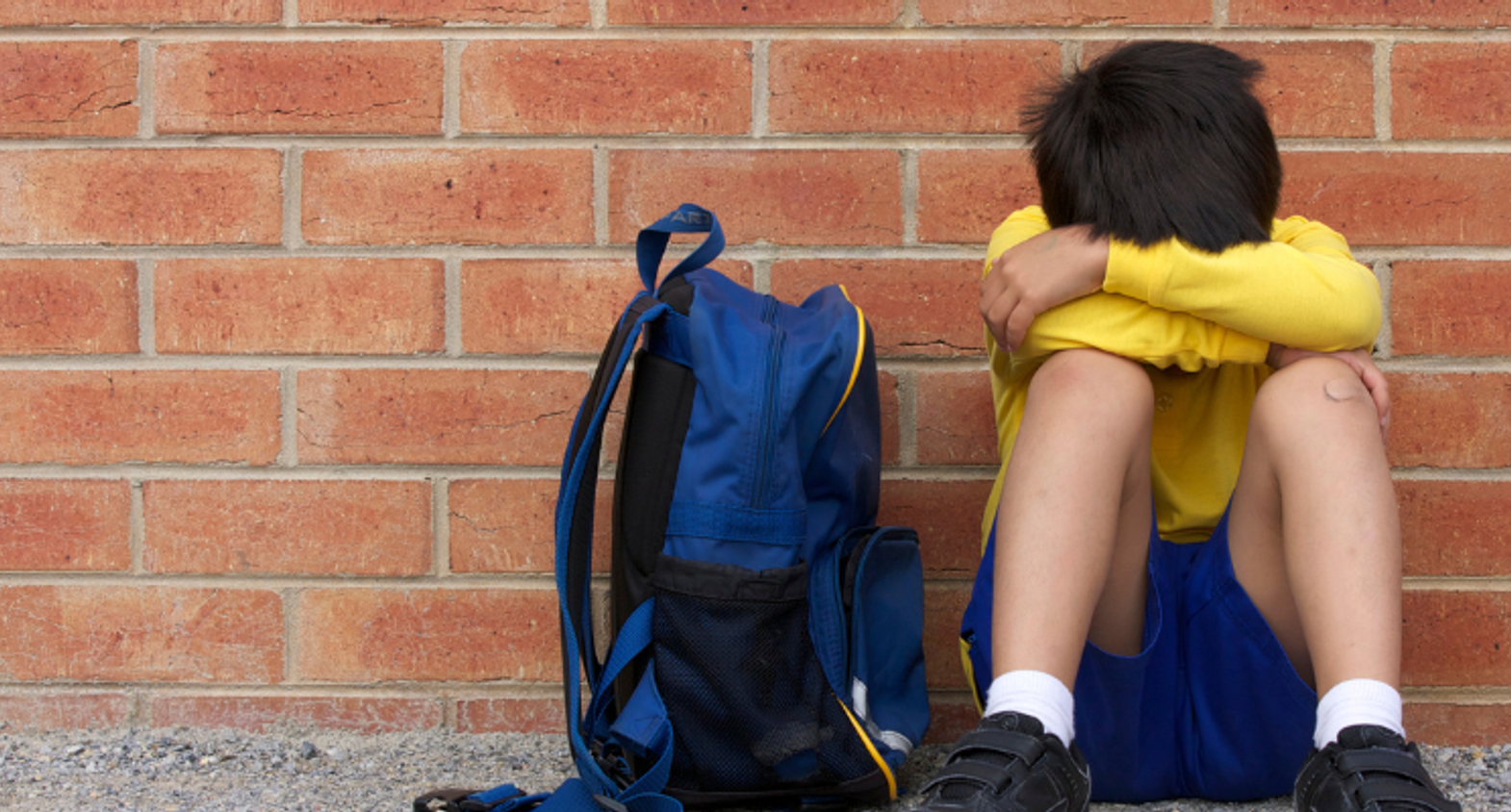Bullying in school is a tough situation, making many kids feel unhappy, and some even avoid going to school. Around one out of every five students (20%), whether in primary or secondary school, shares that they've experienced bullying.
These kids often go through more difficulties with their feelings later on. That’s why it is crucial to know how to spot signs of bullying at school so that you can take action sooner.
Types of bullying
Verbal bullying
Verbal bullying includes insulting, name-calling, abusing, or making homophobic remarks. Though it might begin harmlessly, verbal bullying can get worse and start to really impact the person who's being targeted.
Social bullying
Social bullying is not always easy to spot. It is usually made in the absence of a person, such as destroying someone’s reputation, playing nasty jokes, spreading rumours, and encouraging others to distance themselves from that person.
Physical bullying
Physical bullying includes pushing, hitting, kicking, pinching, and damaging things, which leads to both short-term and long-term damage.
Cyber bullying
Cyber bullying can involve obvious or hidden bullying actions using digital tools like computers and smartphones, as well as online tools such as social media, texting, instant messaging, websites, and other internet platforms.
What are the signs of bullying at school?
Fall in school grades.
When children experience bullying at school, they often lose interest in their studies and school activities. Their mood undergoes a shift, and they prefer to live alone. As a result, they don’t focus on their schoolwork, which leads to a decline in their academic performance, and their school grades start falling.
Afraid to go to school
Children who show reluctance to attend school may be indicating that they are victims of bullying, and this is particularly noticeable on Mondays after they have felt secure at home over the weekend. If a child who once found joy in going to school suddenly expresses reluctance, it could serve as a significant indicator of potential bullying.
Intense emotional reaction
When kids go through bullying, you might notice them having more emotional moments, like sudden bursts of anger or getting easily annoyed. These actions could be their way of showing the stress and frustration they're going through because of the bullying. It's like their feelings are trying to find a way out.
A change in friendship
Losing or changing friends can be a big signal of bullying, especially for teens and young girls. Sometimes, when bullying happens, friends might decide to leave to avoid getting bullied themselves. Other times, if the bullying is in a group of friends, kids might start avoiding hanging out with them. So, it's a good idea for parents to talk with their kid's friend's parents if they notice this happening.
Increased headaches
Feeling headaches, stomach aches, or other pains can happen for various reasons, and sometimes kids might make up reasons for not feeling well. But if a child who's usually okay starts making excuses like having headaches or feeling sick to avoid going to school, it's worth asking them about it. They might be dealing with bullying.
Change in eating or sleeping habits
When your child is being bullied at school, he experiences stress that affects his eating and sleeping habits. They might start eating and sleeping a lot or less than usual. If you notice any such signs in your child, talk to them.
Effects of bullying on children’s mental health
Seeing signs of bullying isn't just about physical problems but also impacts someone's mental health. Kids in school are pretty sensitive, so even if they feel ignored, it takes a toll on their mental well-being.
The Mental Health Charity Mind found that 7 out of 10 students miss school at least once because of their mental health. Now, think about how much worse it gets when bullying is in the picture. Here are some mental issues that can pop up because of bullying.
They feel sad and alone.
They think no one can help them and stand up against bullying.
They consider themselves weak.
According to the National Child Development Study, individuals who experienced bullying during their childhood are at a high risk of developing depression, anxiety, panic attacks, and even thoughts of suicide as they enter their 20s. These lasting effects of bullying require more proactive measures to prevent and address this issue.
What steps should be taken to stop bullying at school?
It is important to create a friendly environment for your students at school to prevent them from being bullied. Below are the following initiatives that you can place in your school to prevent bullying:
Train your teachers on how to recognize bullying and how to deal with it.
Teach kindness and empathy to every student.
Spread awareness in the school that bullying is not a good thing and impacts someone’s mental health.
To sum up, bullying is detrimental to children’s mental health. That’s why it is important to recognize the signs to create a safe and supportive environment for children. As adults, it is our responsibility to communicate with them openly and find a solution for them.
